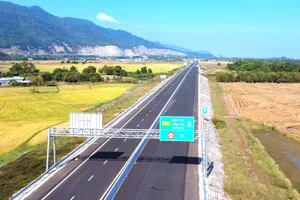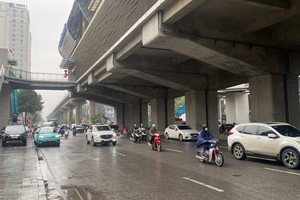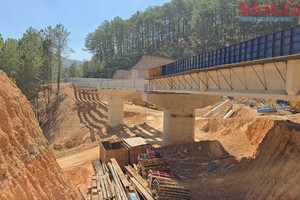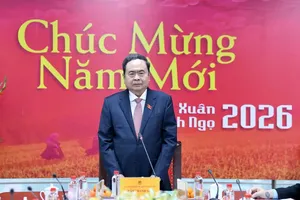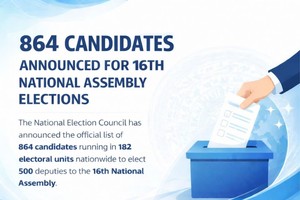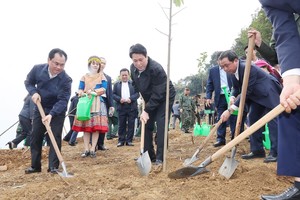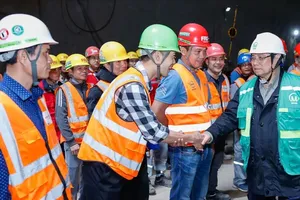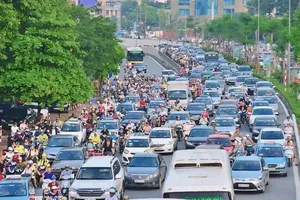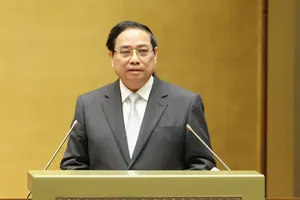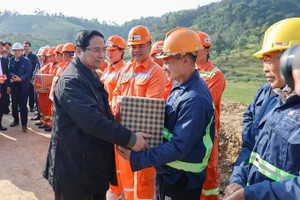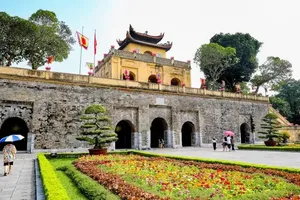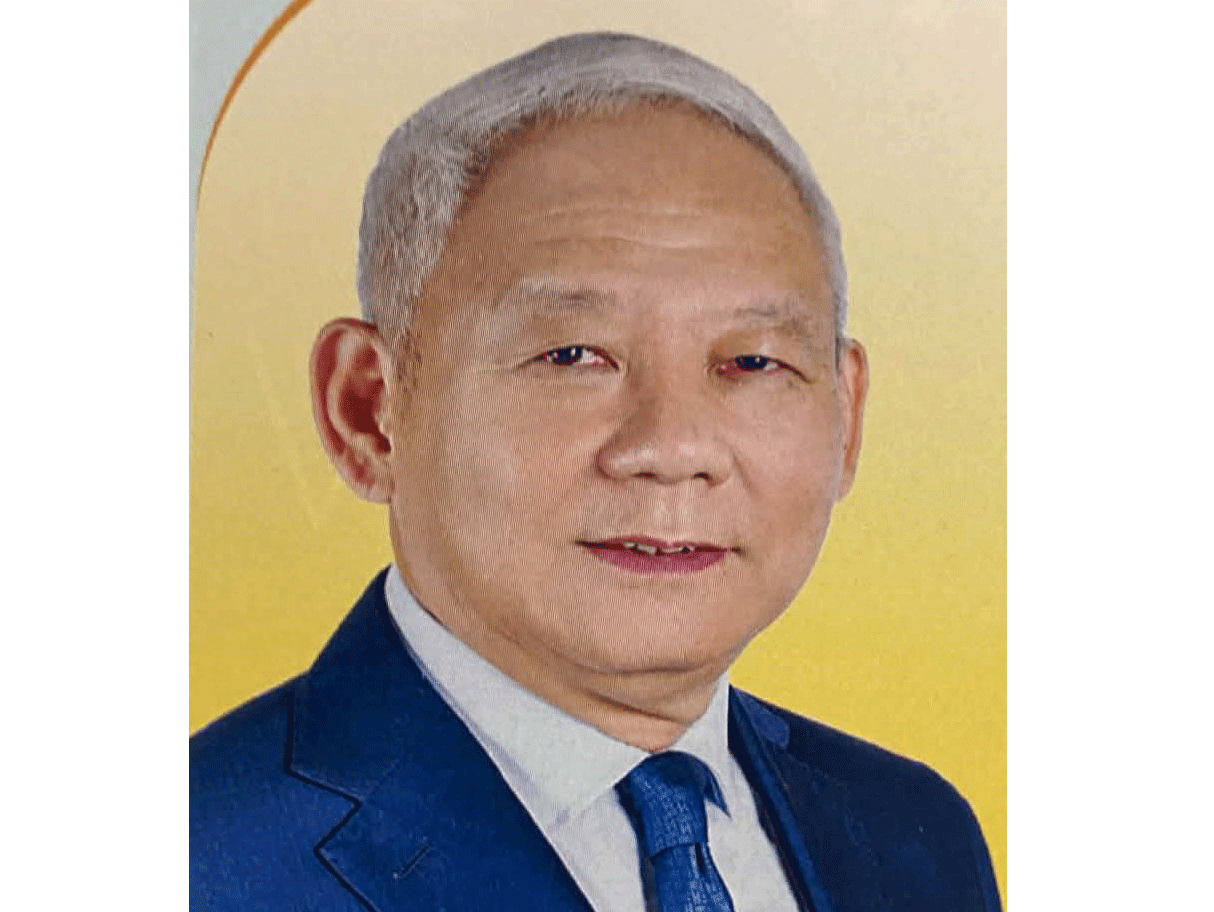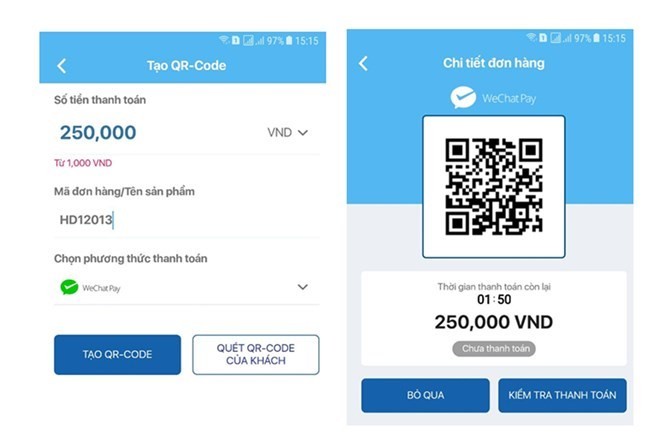
Under Plan No. 51/KH-UBND, 85 percent of the city’s suppliers of electricity, telecommunications and communication will accept bill payment via cashless payment channels, while 60 percent of individuals and households will pay by card or mobile channels for their shopping and consumption needs.
The city will also focus on developing new and modern payment methods suitable to rural areas, so that it can encourage local people to use the modern payment services.
The plan also targets to increase the number of people having access to modern payment services. Accordingly, at least 70 percent of the city’s population above the age of 15 will have bank accounts by the end of 2020.
Besides this, the city will take measures to develop e-payment and retail payment services, as well as strengthen e-payment in public administrative services and provide guidance on non-cash payments to the citizens.
Under the scheme, the committee requested the State Bank of Vietnam (SBV)’s Hanoi branch and related institutions to provide more payment services via bank accounts. It includes the goal of ensuring utility payments such as electricity, tuition, telecommunications and television charges are made electronically.
In the future, the city will also invest in developing digital infrastructure and e-payment services such as internet-banking, near-field communication (NFC) payment, e-wallet and non-touch payment.
According to the SBV’s Payment Department, non-cash payment is gradually becoming a trend in Vietnam as the use of cash is reducing remarkably. Cash payment has reduced from 14 percent in 2010 to 12 percent now, it reported.
The department reported that 96.2 million cards have been issued nationwide, up 210 percent from the early 2011.
There are some 60 organisations providing internet banking payment services and 30 organisations providing mobile banking payment services.
The payment infrastructure has also been improved, as evidenced by the rapid increase of ATMs and points-of-sale (POS), by 47 percent and 300 percent, respectively.
The city will also focus on developing new and modern payment methods suitable to rural areas, so that it can encourage local people to use the modern payment services.
The plan also targets to increase the number of people having access to modern payment services. Accordingly, at least 70 percent of the city’s population above the age of 15 will have bank accounts by the end of 2020.
Besides this, the city will take measures to develop e-payment and retail payment services, as well as strengthen e-payment in public administrative services and provide guidance on non-cash payments to the citizens.
Under the scheme, the committee requested the State Bank of Vietnam (SBV)’s Hanoi branch and related institutions to provide more payment services via bank accounts. It includes the goal of ensuring utility payments such as electricity, tuition, telecommunications and television charges are made electronically.
In the future, the city will also invest in developing digital infrastructure and e-payment services such as internet-banking, near-field communication (NFC) payment, e-wallet and non-touch payment.
According to the SBV’s Payment Department, non-cash payment is gradually becoming a trend in Vietnam as the use of cash is reducing remarkably. Cash payment has reduced from 14 percent in 2010 to 12 percent now, it reported.
The department reported that 96.2 million cards have been issued nationwide, up 210 percent from the early 2011.
There are some 60 organisations providing internet banking payment services and 30 organisations providing mobile banking payment services.
The payment infrastructure has also been improved, as evidenced by the rapid increase of ATMs and points-of-sale (POS), by 47 percent and 300 percent, respectively.
